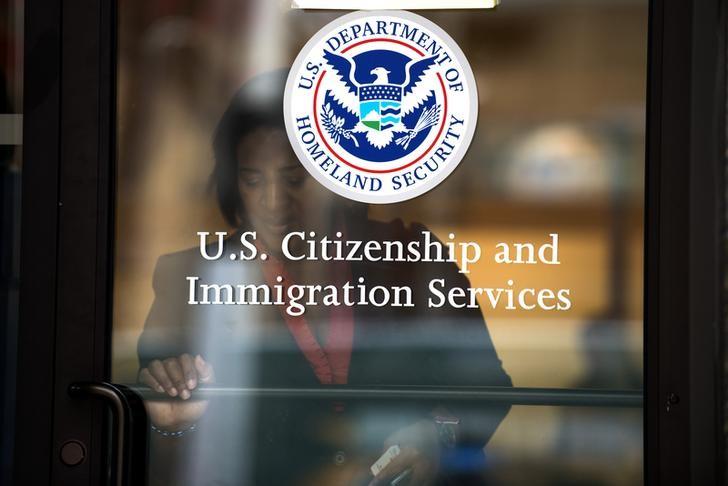The Department of Justice said it will ask the Supreme Court to intervene if an appellate court has not ruled by Oct. 31 on whether the Trump administration can end protections for “Dreamers” who are young immigrants in the country illegally.
In an Oct. 17 letter to the clerk of the 9th U.S. Circuit Court of Appeals in San Francisco, a Justice Department lawyer Mark Stern said the action would be necessary to give the litigation a chance of being heard by the Supreme Court in its current term, which ends in June.





